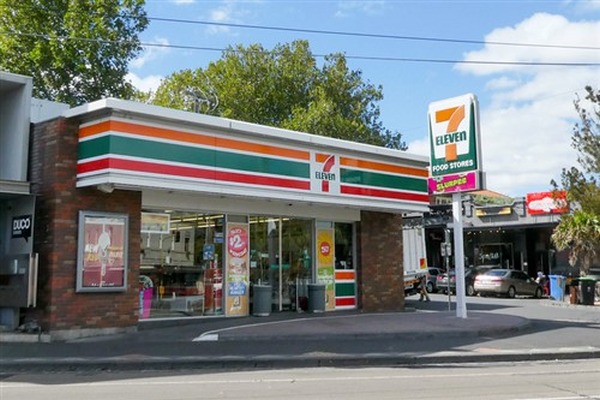Published on the 19/05/2021 | Written by Heather Wright

APIs and the composable enterprise…
When building APIs, think enterprise, think scalable and think documentation. That’s the three key pieces of advice from Nishant Kumar, integration architect for 7-Eleven, who has driven the global retailer’s move to a reusable APIs.
Kumar says APIs tied to a specific project or modular function are poor value time-wasters. He’s calling for organisations to move away from project based, custom integrations and instead maximise value with enterprise APIs which can be reused across different initiatives.
“If you want to get value out of what you are building you really have to think about what an enterprise needs and not what a project needs,” Kumar said at Mulesoft Connect APAC today.
“If you want to get value out of what you are building you really have to think about what an enterprise needs and not what a project needs.”
“For everyone designing an API, or thinking about building integrations, what is important is that you think about your enterprise,” Kumar says. “We need to think about what attributes our enterprise has, what attributes a B2B or B2C integration might need, what are the channels that in future we think we could integrate with or could come on board?”
Kumar may be an advocate for reusable APIs, but it’s proving a hard task for many companies.
Mulesoft’s 2021 Connectivity Benchmark Report, done in collaboration with Deloitte Digital, found that while 96 percent of companies are using APIs, only 42 percent of APIs are made available for reuse.
The report also found 82 percent of business teams say they need easy access to data and IT capabilities to be productive as new digital projects increase, with nearly three in five agreeing that integration challenges hinder their business growth and revenue.
The role of business teams can’t be underestimated, Kumar says.
“It’s really important that you talk to your business architects, business analysts and the business to understand what they need and what the business offers, more than what a project needs.
“[They] have good insights and value in terms of you understanding what needs to be built and be looked at.”
For 7-Eleven and Kumar, the move to reusable APIs started with defining 7-Eleven’s API catalogues.
“We started to think what offerings our company has around products and services we offer, what are the APIs we need to build?
“Then we started building month by month enterprise APIs, even before the experience was fully finalised because we knew it was going to be somewhere in one of the offerings we were going to give.”
He says that building of new enterprise APIs started much earlier than it would have for any other system, such as a mobile app.
Having that ‘neat documentation’ explaining what APIs you have is critical for companies as they grow, Kumar says. While it’s easy for a small team to know what has been done and where integrations have already been built, as the team expands that can become difficult.
“Very neat documentation makes it more discoverable and visible for everyone to see what you have in place.”
In 7-Eleven’s case, it’s hosted in Exchange, with the APIs attached to the document. From there it can be published to a portal as a catalogue if needed.
Keeping scalability in mind from the outset is also key, Kumar says.
“We process a million API calls a day. That’s a huge amount of traffic. From scratch your design has to cater for all the loads you think you might have in the future.”
He admits that can be difficult and urges companies to be ‘ambitious’ in their scalability plans and to plan for when they have multiple customers onboarded.
The composable business – which uses standardised, reusable building blocks of packaged capabilities to build new experiences, products and services with greater speed, agility and efficiency – was a big push at today’s conference kick-off.
Gartner’s Daryl Plummer has previously said composable business is a natural acceleration of the digital business.
“It allows us to deliver the resilience and agility that these interesting times demand,” Plummer said at last year’s Gartner IT Symposium/Xpo.
For those attending today’s MuleSoft Connect session, the potential to accelerate project delivery and time to market was the biggest opportunity they saw for reusable APIs to benefit their organisations. It got the thumbs up from 59.7 percent of the virtual audience, far ahead of the opportunity presented to scale security, governance and compliance (15.5 percent).
But the poll also identified growing challenges. When asked if integration and API management requirements have remained equally challenging, become more challenging or become less challenging when delivering new digital projects over the past year, more than 50 percent said they had become more challenging.
The conference also saw Melbourne’s Sensis taking out the Digital Transformation Award, with Intelematics, also from Melbourne, crowned Mulesoft Rookie of the Year and ACT Government taking out social impact award in the Mulesoft Customer Awards.



























